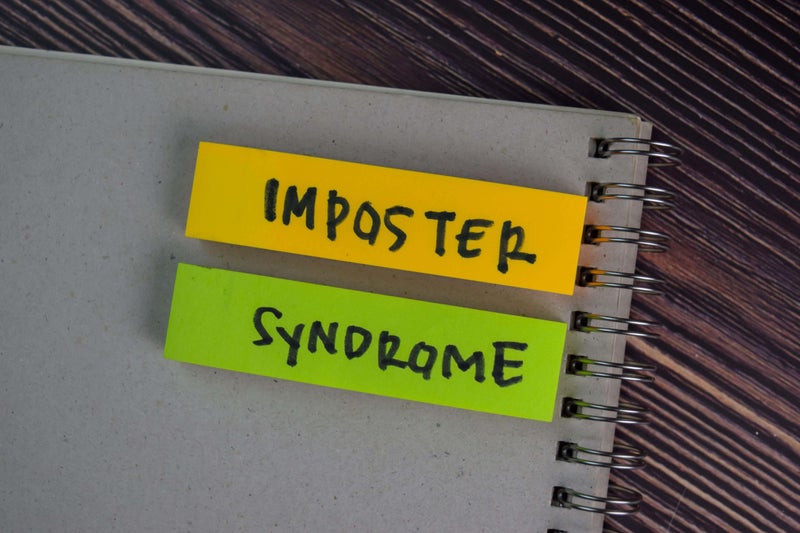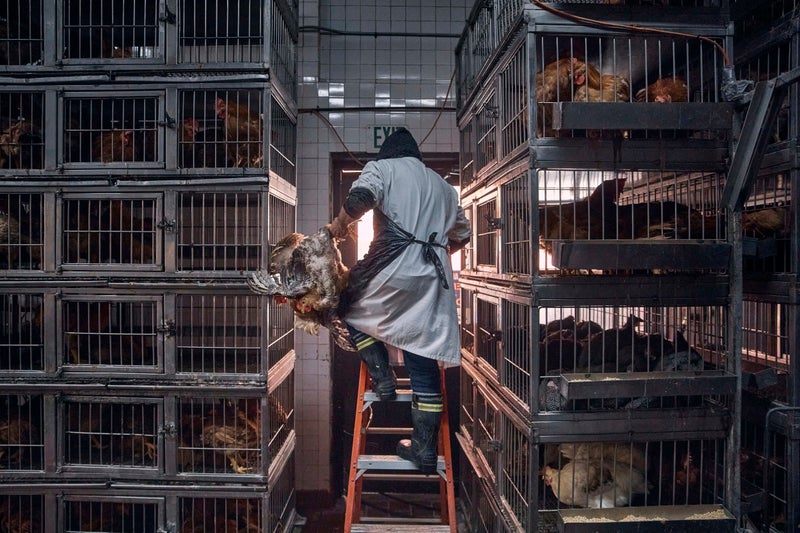Trying to dazzle others with our brilliance all the time can lead us into dark places and take us further away from who we really are. Many of us suffer from a wish to be special. We toil away in the unconscious belief that a special person is a better person, and a special life is a better life. Whether that specialness is conferred by the glamour of celebrity or social media likes, or by the dignified success of reaching the top of your profession, or by the glow of being anointed head girl (no, I wasn’t, and I’m not bitter about it, not at all), this craving to be raised above others, to be “the special one”, can lie at the heart of everything we do.
This wish might be lurking under the making and breaking of your relationships, as you seek the person who will make you feel special, and reject the ones who don’t. It might hide in the extra hours you spend in the office to get something “just right” for your boss, rather than settling for good enough. It might ring out with the alarm that wakes you far too early to train for a marathon, or to perfect a yoga pose.
I can write about this with some insight, because I too want to be special. I may have to delete that sentence later, it feels so excruciating. There has been nothing more mortifying than hearing the crushing words from my analyst, “Perhaps you want me to feel that you’re special.”.
Moment by moment, interpretation by interpretation, my analyst has helped me to see and understand the very high cost I have paid in working so very hard to be special. The effort spent trying to impress others; the dazzling meals I was too tired to cook but cook I did; the Guardian column that I just couldn’t stop tinkering with. What can get lost in all this are the ordinary feelings and parts of myself that have ended up neglected, because I didn’t consider them dazzling enough. My desire to be special led me away from myself. Apart from anything else, it is exhausting. I remember a friend telling me that I didn’t have to try so hard, and it made me want to cry; the problem was, I did have to try this hard – I wish I didn’t.
I’ve been thinking about this a lot since becoming a mother. I think it is very natural to want your child to feel special, perhaps more special than others, so they can develop self-confidence. But I don’t think real self-confidence comes from being elevated above others; it comes from knowing and being oneself and feeling loved for that in an ordinary way. It is not believing you are the best and striving to be that; it is understanding that you have value for being you. It is very easy to give a child, unconsciously, the impression that to be special, they need to try to be somebody else. Perhaps the most valuable gift you can give a child is the permission to be ordinary.
Trying to be special, to live a special life, can in reality take you further and further away from a better one. It is very easy to get caught up in who’s climbing the ladder on LinkedIn and lose sight of the precious moments of the life you are actually living. It is quite possible the better life that you’re trying to build by reading this article is already right in front of you; you just can’t see it because you’re trying to live a different one.
Now that I have become aware of this part of myself that so craves that feeling, I don’t seem so compelled to act on it. I cook simpler meals. I feel a lot more freedom when writing these columns. I feel less of a need to perform than I used to, and when I do feel that need, I can recognise it and respond differently (sometimes). I’ve also become much more aware of the beauty of ordinary moments that I am fortunate enough to experience every day. A cheeky glance from my daughter to her father; the “rrrrrp” of my cat as she jumps on the bed in the middle of the night and starts purring; opening a new book and realising I’m in safe hands, it’s going to be good.
There is a disturbing vulnerability that comes with an unconscious wish to feel special. It means you can easily be drawn into relationships built on sand – falling in love not with the other person, with who they are, but with yourself through their eyes. Someone who can make you feel like you are the most special person in the world – far more special than anyone else – can also just as easily make you feel like you are the dirt on the bottom of their shoe. And you might be inclined to believe that’s who you are, too.
It can be a huge relief to find a partner who can treat you in an ordinary way, as an ordinary person, as someone who does not need to be special and dazzling. At first, it might feel boring, if you’re used to the cycle of idealisation followed by denigration. But after a while, you might realise that boring is just a denigration of something far more precious. You might have found someone who recognises you and loves you in your ordinariness. It might not always feel as exciting, but it can feel more real; it can feel like coming home.












.jpeg?auto=webp&width=800)


















